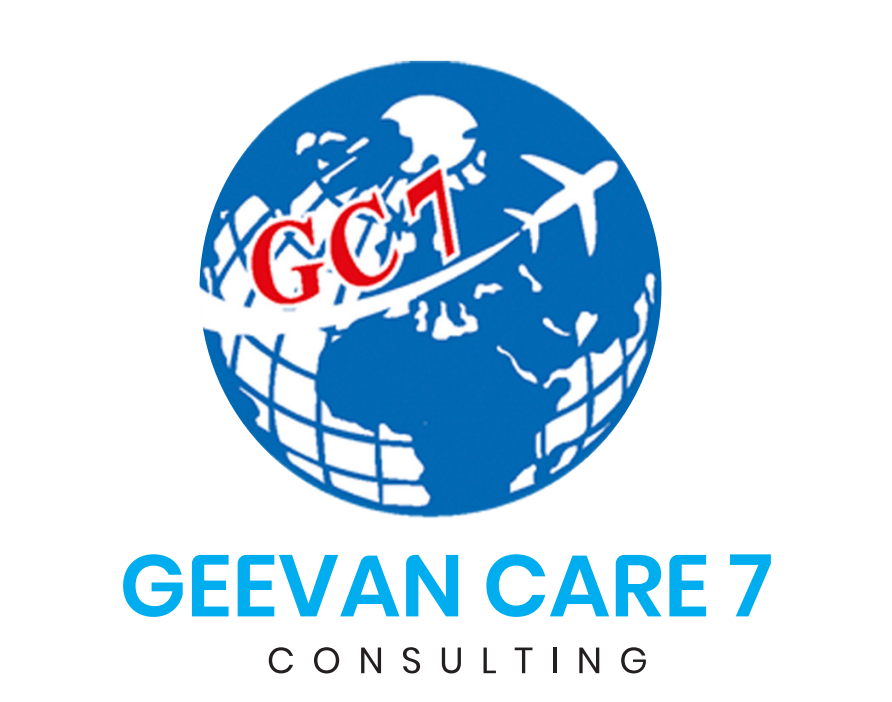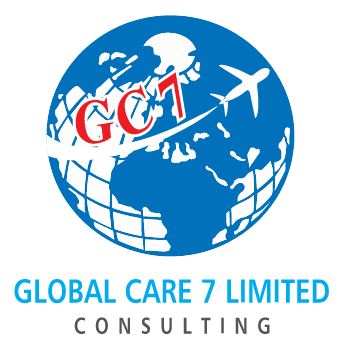Why New Zealand?
Live your life to its fullest in one of the most beautiful countries in the world.

Contact Us
- info@gc7nz.com
- +91 9526072112
India
Why New Zealand?
New Zealand is a youthful nation with a population expected to reach just 5.39 million by 2023. It is also one of the least densely populated countries in the world, offering residents a unique way of life with many outdoor activities such as skiing, snowboarding, kayaking, surfing, mountain biking, and more.
The healthcare industry is a major employment sector in New Zealand, with nurses representing the largest occupational group. The country’s healthcare system, consisting of 220 hospitals and 20 District Health Boards, is projected to need an additional 28,000 registered nurses by 2030 to avoid shortages. This creates numerous employment opportunities for nurses from around the world.
The average annual salary for a Registered Nurse in New Zealand is NZ$95,340, while a Registered Nurse in India can expect to earn INR 3,60,000. It would take a nurse in India over five years to earn the one-year salary of a nurse working in New Zealand.
In addition to a higher salary, nurses from India who relocate to New Zealand can expect to work 40 hours a week, and receive 10 days of paid sick leave, four weeks of paid annual leave, paid maternity leave, and free medical treatment. The healthcare system in New Zealand is also renowned for its top-notch ergonomic environment for professionals.
Global Care 7 Management helps qualified nurses from India transition to an international career in New Zealand. Our services include assisting with enrollment in the Nursing Council of New Zealand, visa application processing, airport pickup, affordable accommodation, and work and residence visa application handling through licensed Immigration Advisers. We provide ongoing support until you secure employment in New Zealand as a Registered Nurse, and help you make New Zealand your home.
If you are currently registered with the Indian Nursing Council as a Registered Nurse, your application may be eligible for consideration by the Nursing Council of New Zealand for registration. Contact one of our experienced consultants for a free assessment of your eligibility to work in New Zealand as a Registered Nurse.
UAE
Why New Zealand?
New Zealand is a youthful nation with a population expected to reach just 5.39 million by 2023. It is also one of the least densely populated countries in the world, offering residents a unique way of life with many outdoor activities such as skiing, snowboarding, kayaking, surfing, mountain biking, and more.
The healthcare industry is a major employment sector in New Zealand, with nurses representing the largest occupational group. The country’s healthcare system, consisting of 220 hospitals and 20 District Health Boards, is projected to need an additional 28,000 registered nurses by 2030 to avoid shortages. This creates numerous employment opportunities for nurses from around the world, including those who hold a Ministry of Health registration as Registered Nurses from Dubai, Abu Dhabi, Ajman, Fujairah, Ras al-Khaimah, and Umm al-Qaiwain
Nurses who relocate from the United Arab Emirates (UAE) to New Zealand to work as Registered Nurses can expect to earn an average of NZ$95,340 to NZ$114,000 per year. They will work for 5 days per week (40 hours) and receive 10 days of paid sick leave and four weeks of paid annual leave. The healthcare system in New Zealand is known for its high-quality work environment and is considered one of the best in the OECD countries.
If you are registered with the Ministry of Health (MOH), Health Authority - Abu Dhabi, or Dubai Health Authority, your application may be eligible for consideration by the Nursing Council of New Zealand for registration. Contact one of our experienced consultants for a free assessment of your eligibility to work in New Zealand as a Registered Nurse.
Still Have Questions?
Contact Us :
+971 508364159
Benefits
Key Benefits of Living in New Zealand
As a developed and highly respected country, holding a New Zealand passport allows for numerous travel and employment opportunities worldwide. With a New Zealand passport, you will have easy access to many countries with minimal formalities. In fact, the New Zealand passport is one of the most powerful in the world, granting visa-free travel to 171 countries, compared to 50-60 countries for passports from India and China.
In the event that you lose your job, you can rest assured that unemployment benefits are available to New Zealand citizens and permanent residents. These benefits can provide financial support during unexpected times of unemployment. Currently, the weekly unemployment benefit for a married couple without children is NZ$391.28 (INR 19550), and for a married couple with children, it is NZ$419.22 (INR 21000).
As a permanent resident or citizen of New Zealand, you may be eligible for employment-related assistance, including job placement and paid job training, through the government's Work & Income department. These resources can help you find and prepare for employment opportunities in New Zealand.
In New Zealand, all children aged 3, 4, and 5 are entitled to receive up to 6 hours of free early childhood education per day, or up to 20 hours per week. According to the Office of Early Childhood in New Zealand, full-time care for children under 3 in Auckland can cost between NZ$220 and NZ$408 per week.
Working families with low incomes may be eligible to receive up to NZ$152 per week in family tax credits for one child, NZ$217 per week for two children, and more for larger families. These credits can help families cover the costs of raising children.
In addition to family tax credits, low-income families may also be eligible to receive an accommodation supplement of up to NZ$165 per week. This supplement can help with the cost of housing expenses.
Children of New Zealand citizens and permanent residents are able to attend school in New Zealand free of charge from Year 1 to Year 13. New Zealand schools are known for their high-quality facilities and learning environments, including swimming pools and a range of sports such as football, netball, sailing, kayaking, cricket, rugby, hockey, and tennis. Many schools also offer lessons and training in drama, music, singing, piano, violin, and drumming. Overall, New Zealand schools provide a well-rounded education to their students.
In New Zealand, you can pursue a career as a doctor, pilot, engineer, or nuclear scientist without worrying about paying for your education upfront. The government has set aside funds to help students finance their university or tertiary education through interest-free student loans. These loans do not require any collateral, so students do not have to put up assets such as a house or property as security. This makes it easier for students to focus on their studies and achieve their career goals.
If you are unable to work due to an injury sustained at work, at home, or anywhere else, the New Zealand government's ACC program will provide you with weekly payments. Both employed and self-employed individuals can apply for weekly loss of earnings, which will cover 80% of your total weekly earnings until you are able to return to work. This support can help you and your family manage financially while you recover from your injury.
The Kiwi Saver Home Start Grant, introduced in April 2015, offers eligible first-time home buyers a grant of up to NZ$5,000 for individuals and NZ$10,000 for couples to put towards the purchase of an existing home. Additionally, the grant provides up to NZ$10,000 for individuals and NZ$20,000 for couples to help cover the cost of purchasing a brand-new home. This grant can provide valuable financial support to those looking to enter the housing market for the first time.
The New Zealand government provides a pension to Kiwis over the age of 65, regardless of their income from paid work, savings, or investments. A married couple is eligible to receive NZ$1343 per fortnight (INR 67150) as a pension, while a single person living alone is eligible for NZ$886.86 per fortnight (INR 44350). This pension helps to ensure that all New Zealanders have a secure income in retirement.
Treatments such as kidney transplants, heart operations, stroke care, cancer treatments, and knee and hip transplants can be very expensive in hospitals. However, as a resident or citizen of New Zealand, you are entitled to receive these treatments free of charge. New Zealand citizens and permanent residents are eligible for publicly funded maternity, health, and disability services, ensuring that they have access to the medical care they need.
New Zealand permanent residents and citizens over the age of 65 are able to travel on public transportation for free. Many areas of New Zealand have a well-developed public transport system, and seniors can apply for an electronic swipe card allowing them unlimited free travel. Please note that government policies and regulations are subject to change, so it is recommended that you research current policies and regulations to ensure you have the most up-to-date information.

